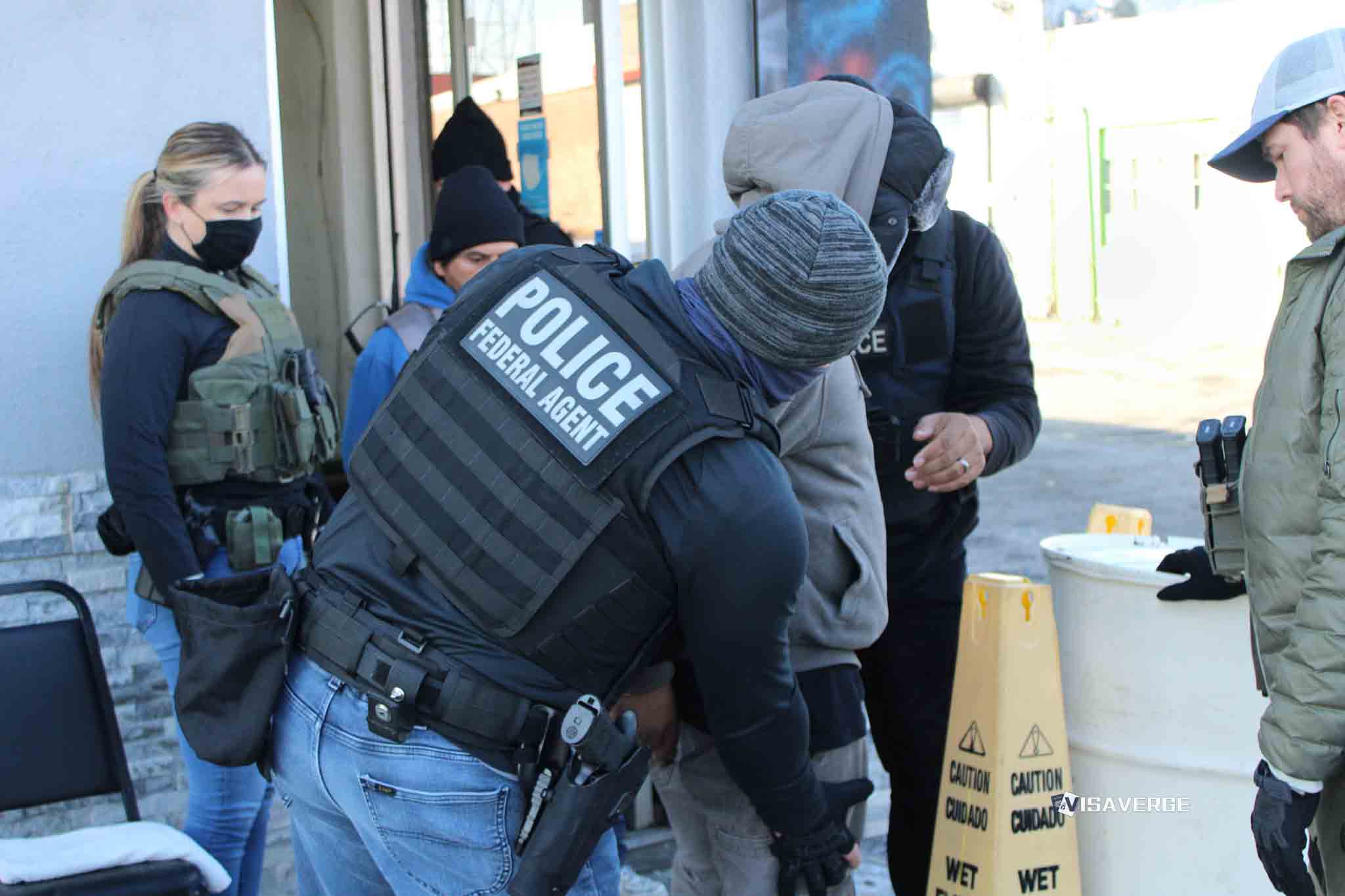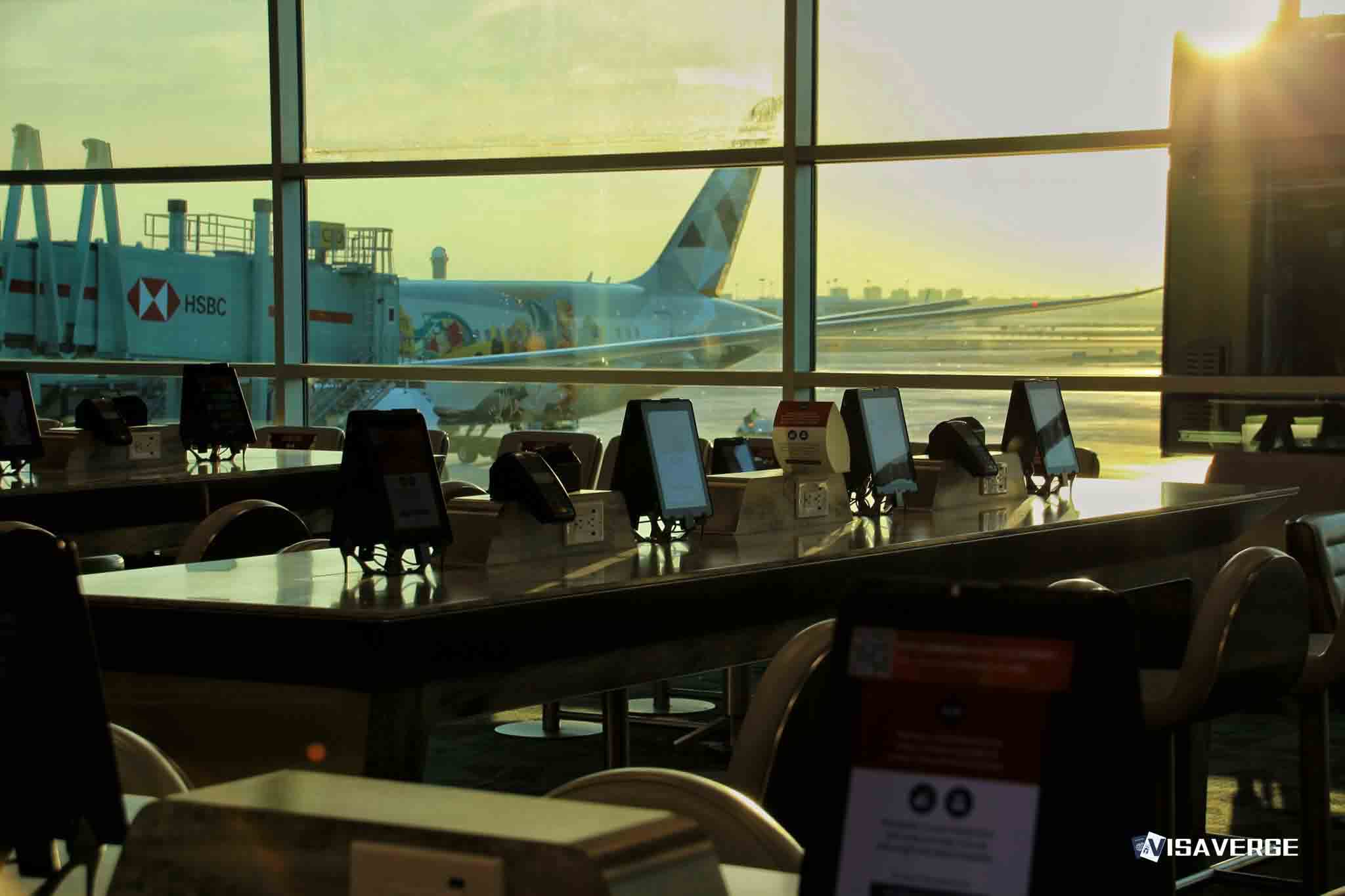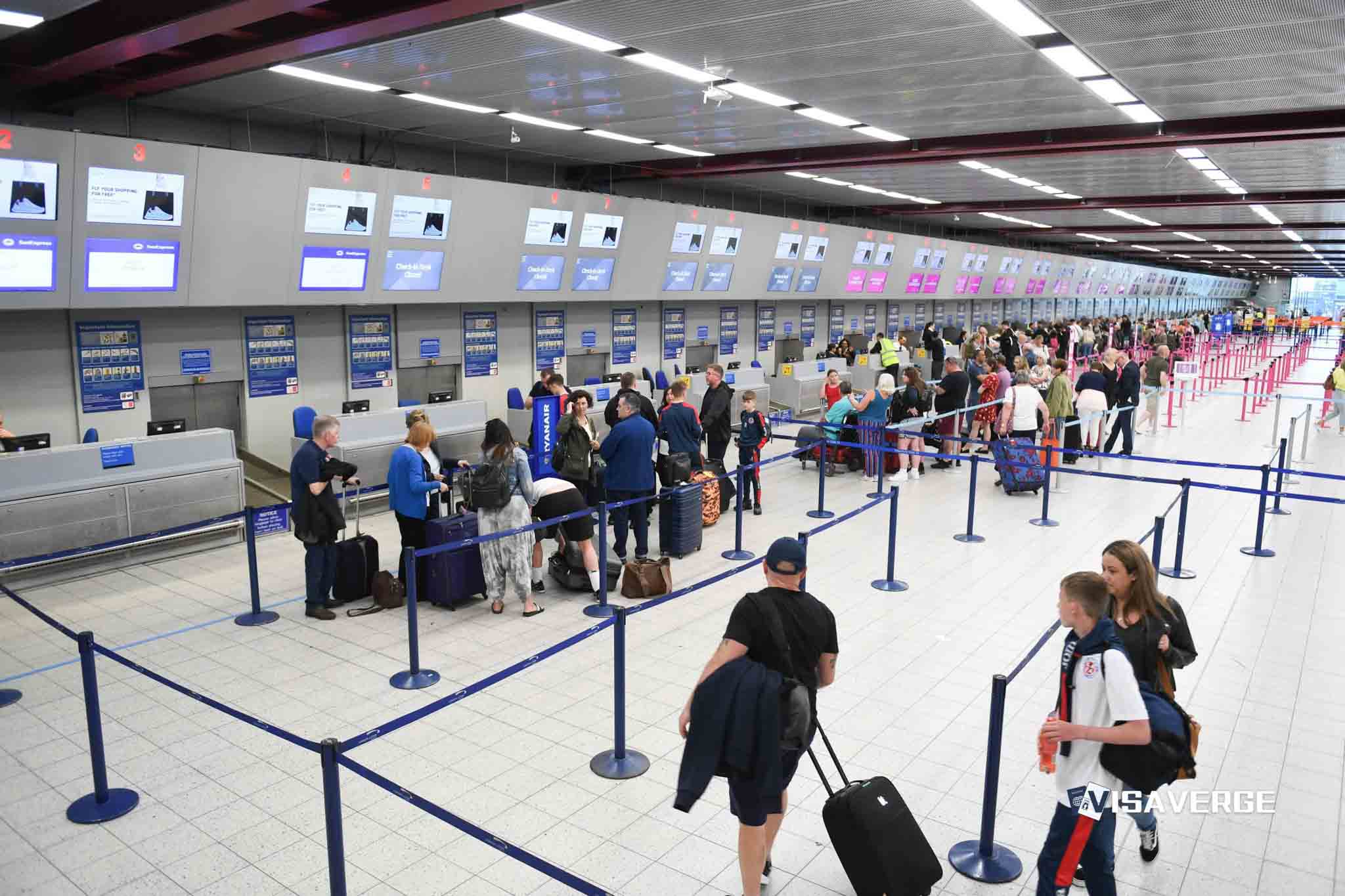(DALLAS, TEXAS) Immigration Judge Abdias E. Tida has denied bond for Marwan Marouf, a longtime Dallas Muslim community leader, leaving him in federal custody while his immigration case continues. The bond hearing took place on October 6, 2025, and the judge determined he did not have the authority to grant bond in this matter. The bond denial means Marouf must remain detained during ongoing proceedings.
Marouf was arrested by U.S. Immigration and Customs Enforcement on September 22, 2025, the same day his green card application was denied, according to advocacy organizations supporting his family.

Detention timeline and court ruling
Marouf’s detention began the morning of September 22, shortly after he reportedly dropped his son off at school. That same day, his lawful permanent residence application was denied, and ICE officers took him into custody.
Two weeks later, on October 6, the case appeared before Immigration Judge Abdias E. Tida, who concluded he lacked the legal authority to set bond for Marouf. Because the court found it did not have bond jurisdiction in his case, the decision effectively requires continued detention while his immigration case moves forward.
As of October 8, 2025, Marouf remains at the Bluebonnet Detention Center in Anson, Texas. His legal team, supported by the Muslim Legal Fund of America (MLFA), continues to press for his release and insists he should have a full and fair chance to present his case outside custody.
Advocacy groups assert that the timing of the green card denial and the immediate detention raises due process concerns.
For official background on how immigration courts handle custody and bond matters, readers can consult the U.S. Department of Justice’s Executive Office for Immigration Review guidance on custody redetermination and bond procedures available on the EOIR website at this official page: U.S. Department of Justice – EOIR Custody and Bond. VisaVerge.com reports on immigration custody and bond procedures, a topic central to this case and to families seeking to track what happens after an arrest in removal proceedings.
Community response and legal concerns
The case has triggered a fast, organized response from Dallas-area civil rights and faith groups. The Muslim Public Affairs Council (MPAC), MLFA, the Council on American-Islamic Relations (CAIR), and the Muslim American Society Dallas (MAS Dallas) have issued public calls for immediate release.
Thousands of supporters, including interfaith partners and community volunteers, are pressing federal authorities to reconsider. Organizers say the community has been shaken by the sudden loss of a visible leader whose work they rely on in daily life.
Marouf’s community role
Marouf is known in North Dallas for decades of service, including:
- Founding the area’s largest Boy Scout troop
- Participating in interfaith outreach
- Helping with disaster relief
Supporters describe him as a neighbor, mentor, and organizer who connects people across lines of faith and culture. They say his detention leaves youth programs without a backbone and removes a steady presence from local relief networks.
Legal and due process concerns
Advocacy groups argue the bond denial and the overall handling of the case raise questions of fairness in how noncitizens are treated during enforcement actions. Key points they raise include:
- No violent or criminal offense: Supporters note Marouf was not arrested for violent or criminal conduct.
- Timing: The sequence of the green card denial and same-day arrest prompts calls for transparent review of the government’s actions.
- Meaningful opportunity: Groups contend he did not receive a meaningful chance to contest removal or to remain in the community while the courts review his case.
Legal observers note that immigration custody decisions can hinge on technical questions about court authority and statutory limits, as reflected in this bond denial by Immigration Judge Abdias E. Tida. When immigration judges state they lack authority to grant bond, families can be left with few options while cases proceed.
Advocates are urging ICE to use its discretion to release Marouf, emphasizing that he poses no danger and has strong community ties.
Health, family concerns, and representation
Family members have raised urgent medical concerns. They report that Marouf has a pacemaker and needs consistent monitoring, which they fear is harder to provide in detention. Supporters have asked for medical assurances and argue that community release would best protect his health.
Health and safety worries often carry special weight in detention settings, where outside medical providers, family caregivers, and regular specialists may be less accessible.
The Muslim Legal Fund of America has represented Marouf for more than six years in his lawful permanent residence journey. MLFA maintains that his case illustrates the human cost of prolonged immigration processing and enforcement decisions that can separate families overnight. The group says it will keep pressing for immediate release and a full review of administrative actions in the file.
Broader implications and ongoing advocacy
Public attention has grown beyond North Texas. Civil rights advocates say the case resonates with many Muslim families who fear high-profile community leaders can face extra scrutiny. National and local networks have joined calls for oversight, insisting that constitutional protections and due process apply to all people in the United States, regardless of faith or country of origin.
The situation has become a rallying point for interfaith coalitions that often work together on refugee support, food drives, and disaster response.
Supporters have stressed several key points as they urge federal agencies to revisit custody:
- Community ties: Marouf’s decades of service and deep roots, including youth mentorship and interfaith work
- Public safety: No record of violent or criminal conduct cited by supporters
- Health risks: The presence of a pacemaker and the need for reliable monitoring and treatment
- Due process: Concerns about the timing of the green card denial and the immediate detention
Calls for transparency continue. Organizations supporting Marouf want:
- A clear record of the government’s actions leading up to the September 22 arrest
- An opportunity for the family to present evidence in a setting that allows for a meaningful review
- ICE to consider release on humanitarian grounds while the immigration case moves ahead
As of this week, advocacy efforts are ongoing. Community leaders plan to keep pressure on federal officials and to maintain public attention on the case.
For families across the Dallas–Fort Worth area, the case is a reminder that immigration enforcement can abruptly reshape daily life—affecting schools, houses of worship, volunteer groups, and care for the elderly and sick. Supporters say they will continue to gather, write letters, and seek oversight to ensure that Marwan Marouf receives a fair process and that the government applies the law with care and accountability.
Key takeaway: Supporters and legal advocates emphasize community ties, health risks, and due process concerns while urging federal agencies to reconsider Marouf’s detention and provide a transparent review of the actions surrounding his arrest.
This Article in a Nutshell
Immigration Judge Abdias E. Tida denied bond for Dallas community leader Marwan Marouf at an October 6, 2025 hearing, finding the court lacked authority to set bond. Marouf was arrested by ICE on September 22, 2025—the same day his green card application was denied—and remains detained at Bluebonnet Detention Center in Anson, Texas. Advocacy groups including MLFA, MPAC, CAIR and MAS Dallas have called for his immediate release on humanitarian and due process grounds, noting his decades of community service, lack of violent or criminal charges, and medical needs (a pacemaker). Legal teams continue pressing for review and transparent documentation of the actions leading to his arrest.








